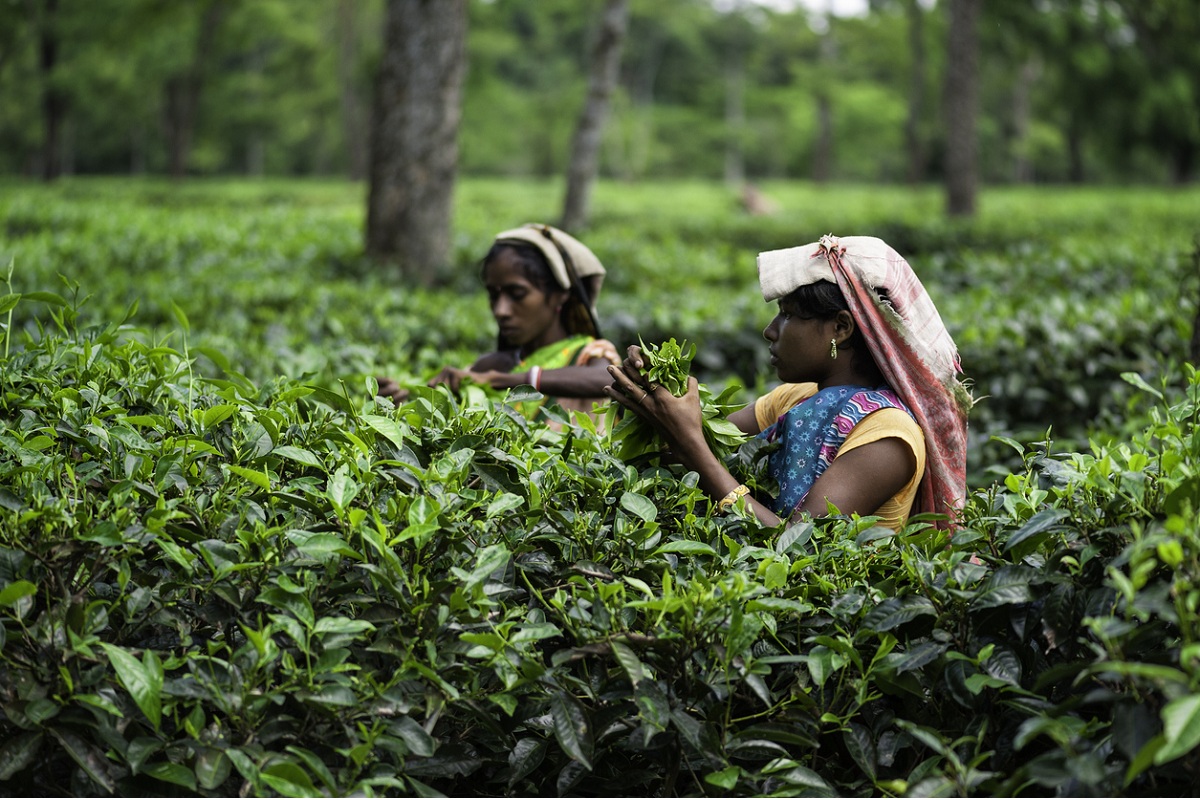The Darjeeling Tea Association (DTA), which has a majority of tea gardens in the Hills as its members, has sought an “immediate ban” on the sale and distribution of imported tea in the loose format.
Stating that tea was illegally imported from neighbouring Nepal, the DTA has written to different officials concerned, including the deputy chairman of the Tea Board of India, seeking their intervention in the matter.
Advertisement
In a letter to the Chief Commissioner of Customs, Kolkata Zone, the DTA Chairman-Core Group, Sanjay Prakash Bansal, has said, “It has come to our knowledge that some trucks carrying consignments of tea from Nepal are illegally entering through the Indo-Nepal borders of Raxaul, Jogbani and Panitanki at night on a regular basis. These illegal consignments are reaching warehouses in Kolkata and Siliguri and are being sold in the retail markets there.”
The letter added that these tea imports from Nepal are not compliant to the required Indian food safety standards laid down by the Food Safety and Standards Authority of India (FSSAI) and that the Customs Authority had to follow different regulations in it, along with others, when allowing the entry of tea.
“These non-compliant spurious teas imported from Nepal are sold in the retail markets, passing off as Darjeeling Tea, thus deceiving the consumers and also endangering their health. This is also causing financial loss to the Darjeeling tea industry and threatening the livelihood of a majority of the people, along with damaging the reputation,” he said.
The DTA has also written to the Chairperson of the FSSAI in Kolkata, maintaining that the FSSAI standards have not been complied with in tea imports from Nepal.
“We write to seek your intervention in the matter and a direction for strict 100% testing and compliance of the FSSAI standards on import of teas from Nepal. We also request the immediate withdrawal of recognition for the acceptance of the testing certification from the National Food & Feed Laboratory, Kathmandu, in respect of the product tea in India,” the letter said.
On the other hand, in the letter to the Deputy Chairman of the Tea Board in Kolkata, Arun Kumar Ray, the DTA has sought a ban on the sale of and distribution of imported tea in the loose format.
They have also requested publication of a ‘caution notice’ for compliance of labeling guidelines of sale and distribution of imported teas in packed format under the Tea Distribution Export Control Order 2005. The letter to the TBI highlights the alleged misuse of the name ‘Darjeeling’ in respect to the sale and distribution of tea imported from Nepal.
“It is a matter of public knowledge that Nepal tea is passed off in the retail markets as Darjeeling Tea to consumers which has been continuously flagged by us, seeking stringent action and regulation. It is also a well-known fact that many packers have been using imported teas in their packets without proper markings of the correct origin,” Mr Bansal said in the letter.
The DTA claims that public records available show about 16 million kg of tea being imported from Nepal last year, out of which, around 5 million kg was of the orthodox variety.
“However, we have never come across any packet or any kind of distribution or sale of tea as Nepal tea in the domestic market, which clearly suggests passing off,” he said.











